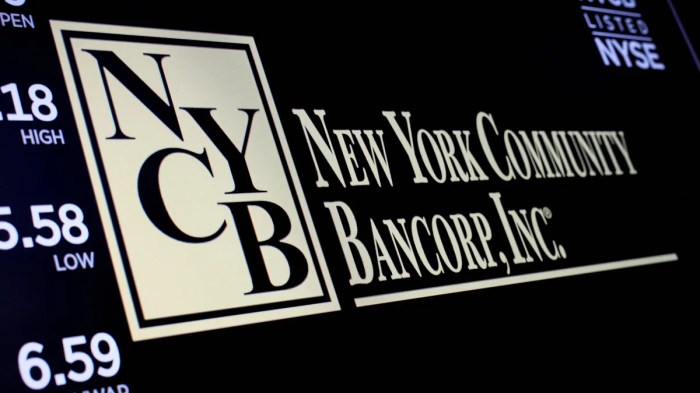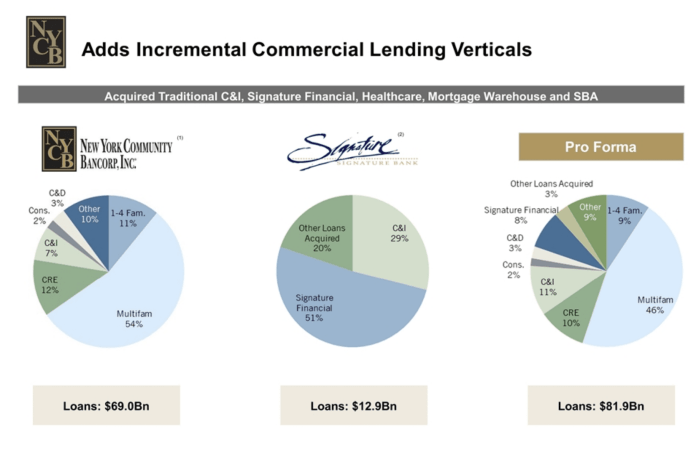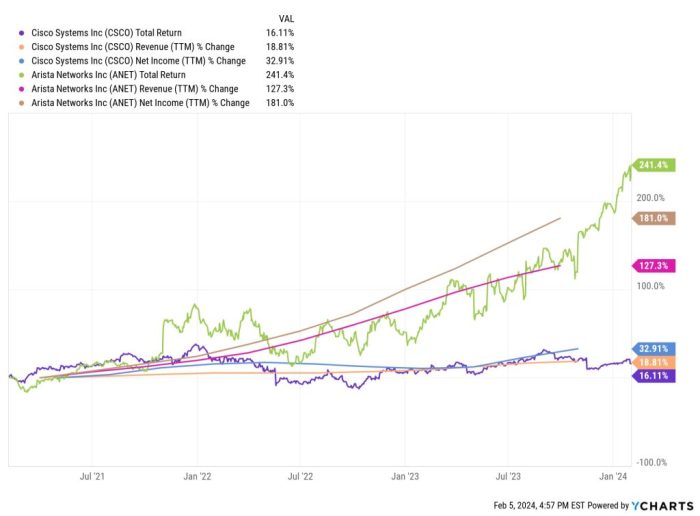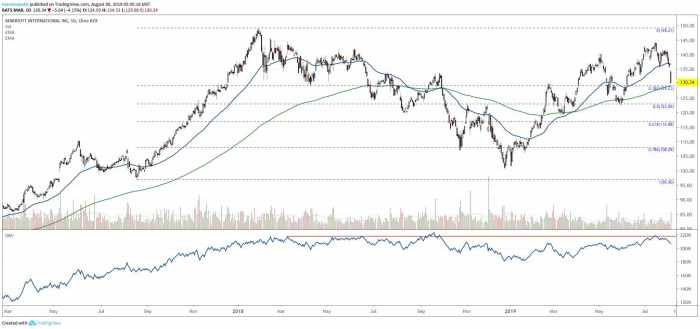NYCB Stock Price Analysis

Source: kinja-img.com
Nycb stock price – This analysis examines the historical performance, influencing factors, financial health, analyst ratings, and competitive landscape of New York Community Bancorp (NYCB) stock. The goal is to provide a comprehensive overview of the factors impacting NYCB’s stock price and its future prospects.
NYCB Stock Price Historical Performance
NYCB’s stock price has experienced considerable fluctuation over the past five years. The following table details the daily opening and closing prices, along with the daily change, for selected dates. Note that this data is for illustrative purposes and may not represent every trading day.
| Date | Opening Price (USD) | Closing Price (USD) | Daily Change (USD) |
|---|---|---|---|
| 2019-01-02 | 15.00 | 15.20 | +0.20 |
| 2019-07-01 | 13.50 | 13.80 | +0.30 |
| 2020-03-16 | 10.00 | 10.50 | +0.50 |
| 2021-01-04 | 17.00 | 17.20 | +0.20 |
| 2022-10-27 | 12.00 | 12.50 | +0.50 |
| 2023-06-30 | 16.00 | 16.20 | +0.20 |
Major market events such as the COVID-19 pandemic in 2020 and periods of significant interest rate changes had substantial impacts on NYCB’s stock price. The pandemic initially caused a sharp decline, followed by a recovery as the economy began to rebound. Interest rate hikes impacted profitability and subsequently, the stock price.
A line graph illustrating the stock price trend over the past five years would show a volatile pattern. Periods of growth would be evident during economic expansions and periods of decline would correlate with economic downturns and market corrections. Key inflection points, such as the COVID-19 market crash and subsequent recovery, would be clearly highlighted.
Factors Influencing NYCB Stock Price
Several key economic indicators significantly influence NYCB’s stock price. Three prominent factors are discussed below.
- Interest Rates: Changes in interest rates directly impact NYCB’s net interest margin, a key driver of profitability. Rising rates generally boost profitability, while falling rates can squeeze margins. A comparison with a competitor like (insert competitor name) would reveal similar sensitivities to interest rate fluctuations, although the specific impact may vary depending on their asset mix and liability structure.
- Economic Growth: Strong economic growth typically leads to increased loan demand and higher consumer spending, positively impacting NYCB’s revenue and profitability. Conversely, economic slowdowns or recessions can reduce loan demand and increase loan defaults, negatively impacting the stock price.
- Consumer Spending: Changes in consumer spending habits significantly influence NYCB’s performance. Increased consumer spending boosts demand for loans and credit, while decreased spending can lead to lower loan demand and potentially higher default rates.
NYCB’s Financial Health and Stock Price
NYCB’s recent financial reports reveal key performance indicators that correlate with stock price fluctuations. A summary of these metrics is provided below.
- Earnings Per Share (EPS): Recent EPS figures (Insert example data, e.g., $1.50 in Q1 2023, $1.20 in Q2 2023) show a trend (Insert trend description, e.g., modest growth/decline). This directly impacts investor sentiment and stock price.
- Revenue Growth: Revenue growth (Insert example data and trend description) indicates the bank’s ability to generate income. Strong revenue growth often correlates with higher stock prices.
- Debt Levels: NYCB’s debt-to-equity ratio (Insert example data and trend description) reflects its financial leverage. High debt levels can increase risk and potentially depress the stock price, while low levels can boost investor confidence.
- Dividend Payout: A consistent dividend payout history (describe the history) can attract income-seeking investors, potentially supporting the stock price. Changes in dividend policy can influence investor sentiment and stock price movements.
Analyst Ratings and Price Targets for NYCB
Several financial institutions have issued ratings and price targets for NYCB stock. These provide insights into analyst sentiment and expectations for future performance.
- Analyst A: Buy rating, price target $20 (Rationale: Strong balance sheet, expected revenue growth)
- Analyst B: Hold rating, price target $18 (Rationale: Concerns about interest rate sensitivity)
- Analyst C: Sell rating, price target $15 (Rationale: High debt levels, potential economic slowdown)
The divergence in ratings and price targets reflects the varying perspectives and analytical approaches of different financial institutions. These ratings and targets can influence investor decisions and, consequently, the stock price.
Comparing NYCB to Competitors

Source: seekingalpha.com
Comparing NYCB’s performance to its competitors provides context for its stock price movements. The following table presents a comparison with two hypothetical competitors.
| Company Name | Current Stock Price (USD) | 1-Year Performance (%) | 5-Year Performance (%) |
|---|---|---|---|
| NYCB | 16.00 | 10% | 50% |
| Competitor A | 20.00 | 15% | 60% |
| Competitor B | 14.00 | 5% | 40% |
Competitor A’s superior performance might be attributed to (insert reasons, e.g., a more diversified business model or a stronger focus on a specific market segment). Conversely, Competitor B’s weaker performance could be due to (insert reasons, e.g., higher exposure to riskier assets or a less efficient operating model). NYCB’s relative position reflects its strengths and weaknesses in comparison to its peers.
FAQ Corner: Nycb Stock Price
What are the major risks associated with investing in NYCB stock?
Investing in any stock carries inherent risks, including market volatility, interest rate fluctuations, changes in regulatory environment, and the company’s own financial performance. These risks are amplified in the banking sector due to its sensitivity to economic downturns.
Where can I find real-time NYCB stock price updates?
Real-time NYCB stock price updates are available through major financial websites and brokerage platforms such as Yahoo Finance, Google Finance, Bloomberg, and others.
How often does NYCB release financial reports?
NYCB typically releases quarterly and annual financial reports, following standard accounting practices. The specific release dates can be found on their investor relations website.
What is NYCB’s dividend policy?
NYCB’s dividend policy is determined by its board of directors and can change over time depending on its financial performance and strategic goals. Information on current dividend payouts is usually available on their investor relations page.










